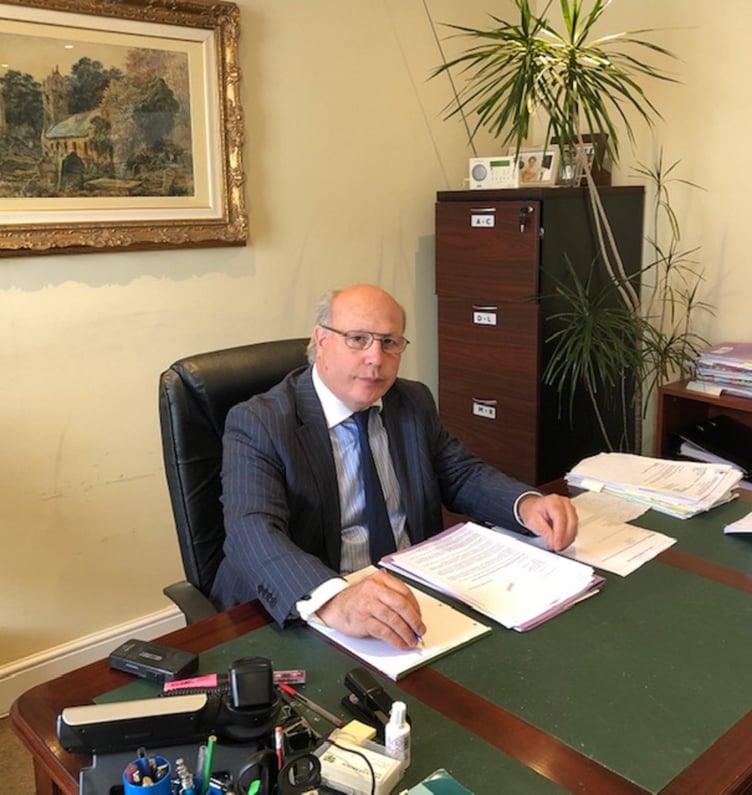A class action involving five claimants who allege Jurby jail’s strict Covid lockdown regime breached their human rights is heading for a court showdown.
A final hearing date is listed for May 15 with five days allocated for the civil case as a small claims and summary matter before Deemster Cope.
The Department of Home Affairs is vigorously defending the class action being taken by five claimants who were detained on the isolation wing at Isle of Man Prison in April and May 2020 during the first Covid-19 lockdown.
Advocate Ian Kermode, who is leading the class action, said he was still hopeful that a settlement could be reached.
He said: ‘There are further discussions and negotiations going on and it may be resolved prior to the final hearing.’
Ten people who were kept in solitary confinement during the jail’s Covid lockdown had originally planned to take the government to court.
But a number subsequently dropped out, leaving Karl Cameron, Wayne Mellor, Anne McNamara, Samantha Dunn and Joshua Gray remaining in the class action.
They accuse the DHA of negligence and breaches of the European Convention on Human Rights including Article 3 – the absolute right not to be subject to inhuman or degrading treatment – and Article 8, the right to respect for private and family life.
The claimants are seeking compensation in a case which, if successful, will be the first time the government has been held to be in breach of Article 3 since the use of birching in 1979.
Following the first case of Covid confirmed in the island in March 2020, all new detainees arriving at the jail, including those jailed for breaching emergency powers regulations but also those remanded but not convicted of any offence, were held on an isolation wing for up to 14 days.
There were three different regimes at the prison during lockdown, with the second and most restrictive one introduced on April 19 as a result of a detainee testing positive for Covid.
Under this ’red’ lockdown regime, those on the isolation wing were held 24 hours a day in solitary confinement in the cells.
They were not allowed showers or outdoor exercise.
Food for the next 24 hours was provided in a single delivery and inmates were denied visits or calls to friends and family for the two weeks.
In the House of Keys in May that year, the then Home Affairs Minister Graham Cregeen confirmed that the red regime was lifted on the advice of health professionals when the prison no longer had a Covid-positive detainee.
Cregeen told the Keys in May that under the ‘red’ regime, inmates had a shower on reception and were provided items to allow them to wash from the sink in their cell.
They were not allowed to exercise but an in-cell exercise pack was provided.
Drinking water was available in the cell, he said, and mobile phones were provided on request to contact an advocate, while messages and letters could be passed to families.
‘No detainee, irrespective of their offence, has been subject to degrading or inhumane treatment contrary to Article 3 of the European Convention on Human Rights in the Isle of Man Prison, either prior to or during the current emergency,’ he insisted.
The Minister later said only those who had other offences such as assaulting a police officer, resisting arrest, drugs, theft, alongside breaching of emergency powers spent the whole 14 days in isolation ahead of going to the main prison.
In a statement issued when the class action was first mooted, the DHA said: ‘The department took action to protect staff, prisoners and their families during the global pandemic. The department rejects claims that prisoners’ human rights were breached in doing so and intends to vigorously contest action taken against it.’




